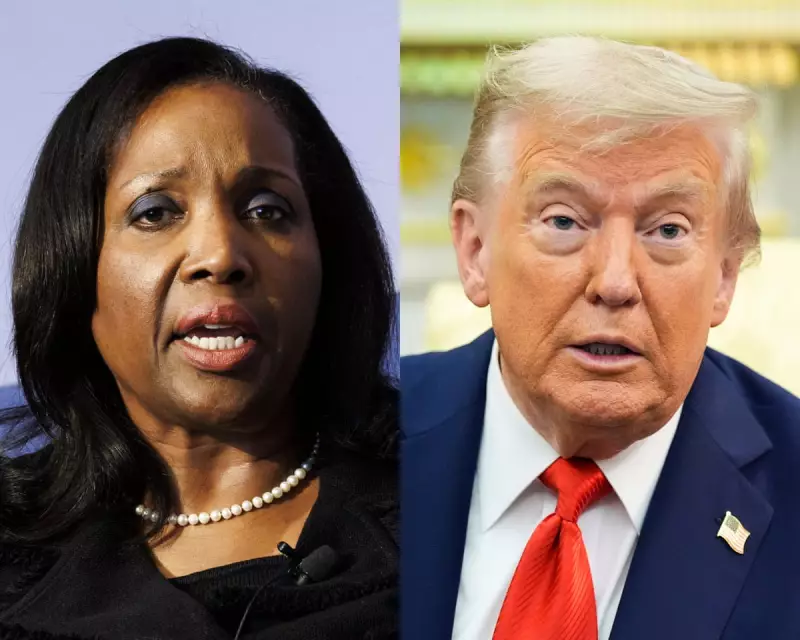
In a dramatic escalation of political tensions, former President Donald Trump has launched an extraordinary legal challenge aimed squarely at the heart of America's central banking system. The controversial move targets Federal Reserve Governor Lisa Cook, whose term expiration has triggered a constitutional showdown.
Unprecedented Legal Maneuver
Trump's legal team has filed a petition with the Supreme Court seeking to prevent President Joe Biden from renominating Dr Cook to the Federal Reserve Board. This aggressive legal strategy represents an unprecedented attempt to influence Federal Reserve appointments through judicial intervention.
The Constitutional Battle Lines
At the core of this dispute lies a fundamental question about presidential authority versus Senate confirmation powers. Legal experts suggest the case could redefine the boundaries of executive power in appointing key economic officials.
Who is Lisa Cook?
Dr Lisa Cook, an esteemed economist and former Michigan State University professor, has served on the Federal Reserve Board since May 2022. Her tenure has been marked by focused efforts on banking regulation and economic inclusion policies.
Implications for US Economy
The timing of this legal battle couldn't be more critical for American financial stability. With the Federal Reserve navigating complex inflation challenges and economic uncertainty, political interference in its composition could have far-reaching consequences for market confidence and monetary policy.
Historical Precedent
Never before has a former president attempted to block a Federal Reserve nomination through Supreme Court intervention. This move establishes a dangerous new precedent in the politicisation of central banking institutions.
What Happens Next?
The Supreme Court must now decide whether to hear Trump's petition, a decision that could come within weeks. Legal analysts remain divided on the court's likely response, given the novel constitutional questions presented.
Meanwhile, the White House has indicated it will vigorously defend President Biden's authority to renominate qualified candidates to the Federal Reserve, setting the stage for a landmark legal confrontation that could reshape American economic governance for generations.





